Cancer Council Victoria is relentless in its pursuit of breakthroughs.
Venture Grants support innovative researchers with courageous ideas who would not be able to attract conventional funding.
Researchers
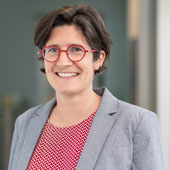
A/Prof Marie-Liesse Asselin-Labat and Prof Anthony Purcell
Project location
Walter and Eliza Hall Institute of Medical Research
Project outline
Tumour cells present on their cell surface ‘tags’ that flag them as cells to be destroyed by the immune system. Yet these tags can be too weak to activate immune cells, resulting in tumour growth. If we know the composition of these ‘tags’, we can devise therapy that will activate immune cells to recognise and kill tumour cells efficiently. In this project, we aim to identify tags present on tumour cells in lung adenocarcinomas from both never-smoker and smoker patients.
“We aim to identify molecules that are present on the cell surface of tumour cells. This project is the first step towards the development of therapies for lung cancer patients that will specifically activate immune cells against cancer cells.”
Researchers
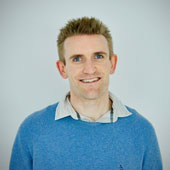
A/Prof Paul Beavis, Prof Phil Darcy, Dr Junyun Lai and Dr Cheng-I Wang
Project location
Peter MacCallum Cancer Centre
Project outline
This project will seek to enhance the efficacy of a form of immune based therapy known as chimeric antigen receptor (CAR) T cell therapy. The CAR allows the immune cells to ‘recognise’ and subsequently kill tumour cells, but some tumour cells can escape detection through loss of the protein targeted by the CAR.
“This project aims to provide proof of principle for a new Cellular Engineering approach that we believe could enhance the efficacy and safety of this form of cancer therapy.”
Researchers
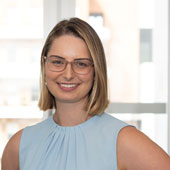
Dr Sarah Best, Dr Saskia Freytag, Dr James Whittle, Dr James Dimou and Prof Malcolm McConville
Project location
Walter and Eliza Hall Institute of Medical Research
Project outline
Our project will develop fluorescent beacons to guide neurosurgeons to otherwise undetectable low-grade glioma (LGG) tumour regions in the brain. We will harness spatial molecular analyses, investigating the energy profile (metabolomics) and gene expression (transcriptomics) at distinct geographical locations. From these analyses, we will build 3-dimensional (3-D) models, giving us an interactive and comprehensive view of the LGG tumour and its border with normal brain.
“This project will lead to the development of fluorescent beacons to guide neurosurgeons to low-grade glioma tumour tissue. We aim to improve the maximal resection capability of low-grade glioma, which will play a significant role in patient survival and improved quality of life.”
Researchers
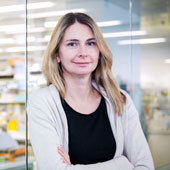
A/Prof Gemma Kelly, A/Prof Kate Sutherland, A/Prof Tracy Putoczki, Prof Marco Herold, Prof Marc Pellegrini, Prof Andreas Strasser
Project location
Walter and Eliza Hall Institute of Medical Research
Project outline
We will investigate if infection with the SARS-CoV-2 virus can impact on the rate of cancer onset and the effectiveness of anti-cancer therapies. Whilst SARS-CoV-2 is not a cancer-causing virus, we hypothesise that the chronic inflammation that can ensue after SARS-CoV-2 infection could increase cancer onset in people predisposed to cancer.
“Our research results will generate unique insights that have the power to directly inform health policy, indicating if increased cancer surveillance is required in those at increased risk of developing cancer and informing the most effective treatment option in the era of the pandemic.”
Project one: Developing new ways for tracking the advertising of products known to increase the risk of cancer
Researchers
_2.jpg)
Dr Kathryn Backholer, A/Prof Asim Bhati, Prof Chee Peng Lim, Prof Anna Peeters, Prof Colin Bell, Dr Becky Freeman, A/Prof Michael Johnstone, Ms Christina Zorbas and Ms Jane Martin
Project location
Deakin University
Project outline
It is known that a third of cancers are preventable and that alcohol, tobacco, and the consumption of a diet high in sugar, salt, and/or fat are major preventable risk factors. Exposure to advertising for these products during childhood has been proven to have lifelong influence, thereby increasing lifetime cancer risk. The need for this to be curbed and regulated to help reduce cancer incidence and mortality is therefore critical. Using complex systems and artificial intelligence, this project aims to revolutionise the way in which unhealthy advertising to children can be captured and monitored.
“Quantification of unhealthy advertising exposure to children and an understanding of how children engage with various forms of advertising and marketing strategies will support the formulation of effective regulatory action to protect children from the economic exploitation of products known to increase the risk of cancer”
Project two: Helping everyone by studying rare “super-survivor” individuals who are immune to the spread of cancer.
Researchers
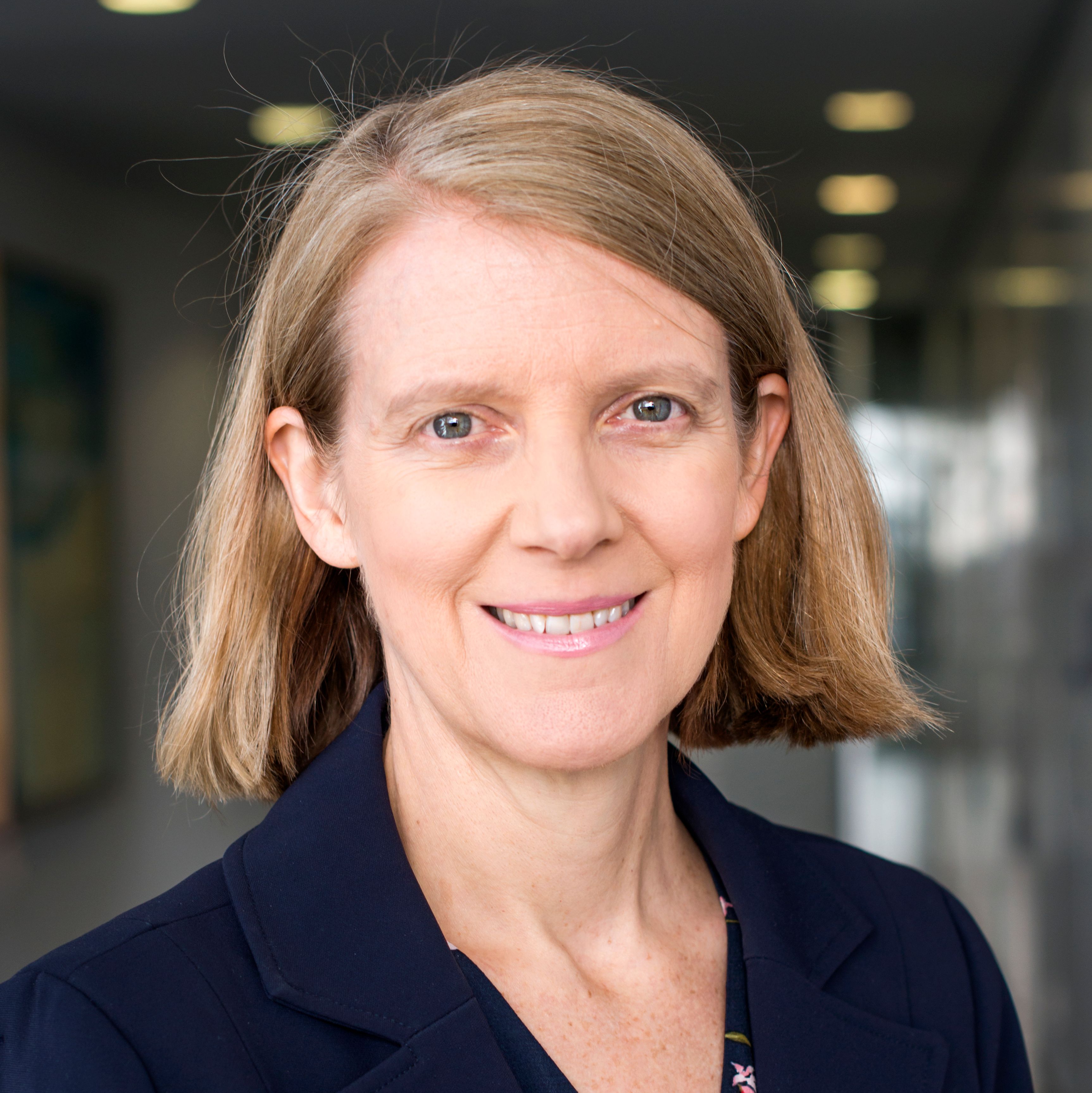
Prof Clare Scott, Dr Kristy Shield-Artin, Prof Magdalena Pebanski, Dr Justin BedÖ, Prof Tony Papenfuss, Prof Susan Ramus
Project location
The Walter and Eliza Hall Institute of Medical Research.
Project outline
This project will investigate a small group of people who have developed, and survived, three or more completely unrelated cancers in their lifetime. Critically, these people tend to be diagnosed with each cancer early, before it has spread. These individuals provide us with the opportunity to identify new genes that drive cancer development and which may be used to halt the progression of cancer or to find new roles for known cancer predisposition genes. Importantly, do these ‘super survivors’ have unique features that protect them and could this inform the ability to control cancer spread (‘metastasis’) in others? By analysing a significant bank of tumour samples and clinical data, the project team expects to find clues and patterns in ‘super survivors’ that will lead to improved new life-saving treatments.
“By studying ‘super survivors’, we hope to produce new treatments to prevent cancer recurrence. This has the potential to dramatically reduce the cancer burden worldwide over the next decade and beyond.”
Project three: Cas 13 mRNA silencing - a new approach to treating incurable childhood cancers
Researchers
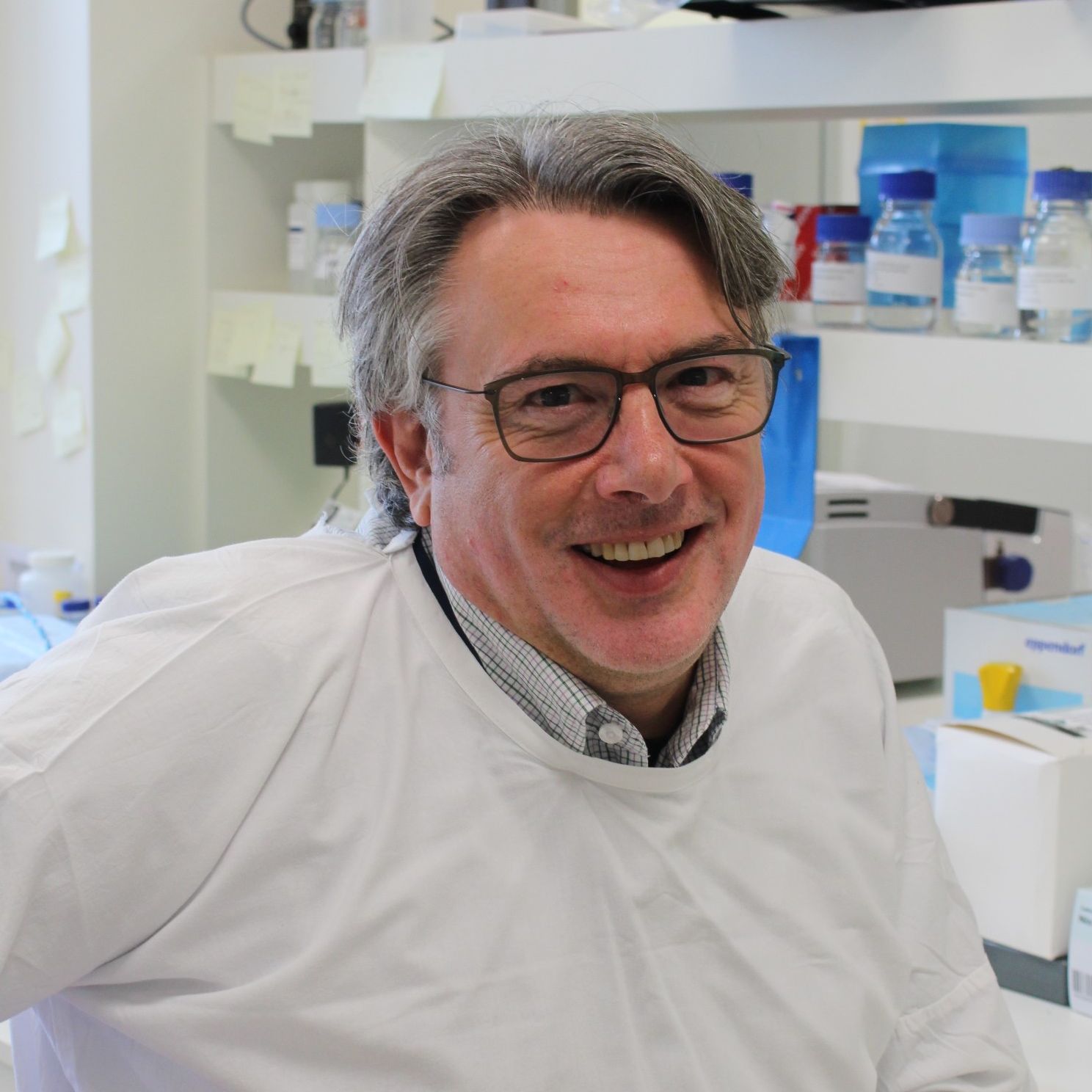
A/Prof Paul Ekert, Prof Joe Trapani and Dr Mohamed Fareh
Project location
Peter MacCallum Cancer Centre
Project outline
Cancer in both adults and children is caused by changes, or mutations, that occur in the genes of previously normal cells. These changes alter the nature of cells, such that they divide and grow in an uncontrolled way. Genome sequencing – the technical ability to read the mutations in cancer cells – has revealed the broad range of mutations that drive paediatric cancers. Linked to Australia’s national ‘Zero Childhood Cancer’ program (the largest and most ambitious program to deliver personalised medicine to children with high-risk cancers), this project’s primary goal is to provide a proof-of-principle way of directly targeting these mutations therapeutically.
“Tailoring treatments that fit the individual profiles of a cancer has the very great potential to improve survival chances and diminish treatment side-effects.”
Project four: Exploiting network vulnerabilities to devise effective combination therapies against breast cancer
Researchers
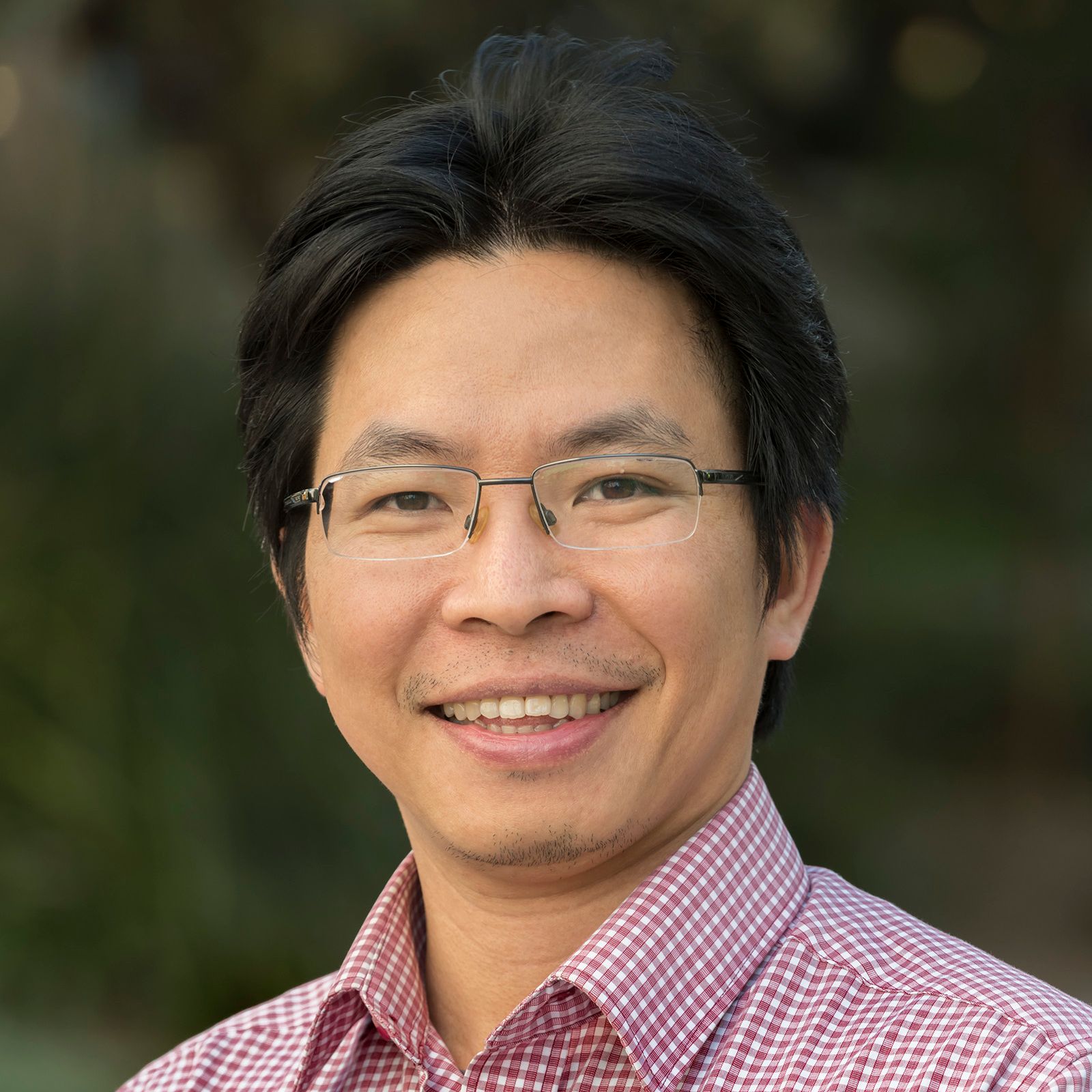
Dr Lan Nguyen, A/Prof Helen Abud, Dr Ralf Schittenhelm and Prof Roger Daly
Project location
Monash University
Project outline
Our project takes a novel approach to the complex issue of drug resistance in the treatment of breast cancer. Breast cancer cells are known to ‘re-route’ to escape the tumour-killing effects of targeted therapies, but exactly how this happens and how it varies in different patients remains unknown. Widespread resistance to single therapy agents has led to increased use of combination therapies (‘cocktails’ of existing drugs), but there is no reliable way to predict which from hundreds of possible combinations will be effective for individual patients. Leveraging predictive computational modelling, our project will produce critical insights into the mechanisms of cell resistance and identify effective new combination therapies for breast cancer.
“Our project is well poised for rapid research to the clinic due to the efficiency of the computational approach and opportunities for drug repurposing”
Project five: Targeted reprogramming of prostate cancer
Researchers
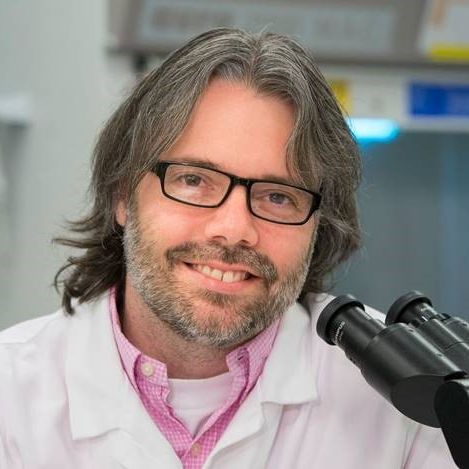
Prof Jose Maria Polo, A/Prof Renea Taylor ,Dr Natalie Lister,and Dr David Pook
Project location
Monash University
Project outline
The development of treatments has conventionally involved targeting factors with high expression in cancer cells, based on the theory that high expression must equate with importance to growth and survival. However, this isn’t always so and has led to the pursuit of false targets. Cancer cell survival is actually controlled by ‘master regulators’, which may be expressed at quite low levels but are nevertheless the most potent and influential. Predicting a cell’s master regulators from thousands of potential candidates is time consuming and costly. Our project proposes an innovative mathematical approach to identifying these factors efficiently, in turn enabling the development of new targeted treatments for aggressive prostate cancer.
“Our approach will match patients to drugs that will target their specific type of cancer, rather than ‘broadly treating all cancers’ in the way other treatments such as chemotherapy do.”